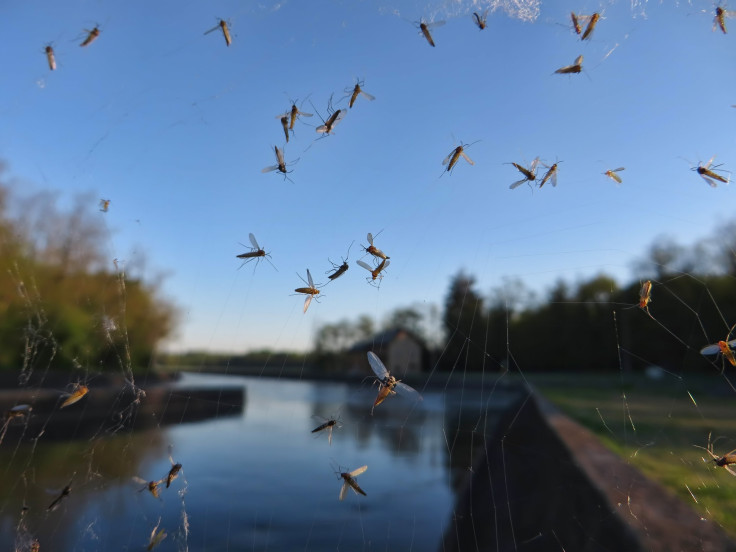Mosquito-Borne Virus, Chikungunya, Spreads To Various States: Health Officials Warn For Summer Outbreak

Just one week after health officials warned Florida inhabitants of the mosquito-borne virus chikungunya spreading through their state, several more states have reported cases of the disease. So far, Florida has experienced 25 cases, but North Carolina, Nebraska, and Indiana have all confirmed several chikungunya cases this week. Tennessee has reported a few suspected cases.
The virus is spread to humans through mosquito bites, and it causes symptoms of splitting headaches, high fevers, and aching joints. Though there’s no vaccine, the disease is not fatal, and patients can take drugs to help with fevers. Typically, the disease arrives between three and seven days following a mosquito bite.
The Centers for Disease Control and Prevention (CDC) will be monitoring the spread of the virus in various states this summer, specifically in Nevada, New York, California, Arkansas, Maryland, Connecticut, Minnesota, Virginia, Puerto Rico and the U.S. Virgin Islands. The virus has mostly been present in the Caribbean in the past few months; according to the Caribbean Public Health Agency, there have been some 135,651 confirmed and suspected cases recently, due to an outbreak in the islands. Most of the chikungunya cases have occurred in the Caribbean islands, Africa, and East Asia, and now that they’ve arrived in the U.S., the CDC is concerned about an outbreak here.
“So far this year we’ve recorded eight travel-associated cases, and seven of them have come from countries in the Caribbean, where we know the virus is being transmitted,” Roger Nasci, chief of the CDC’s Arboviral Disease Branch in the Division of Vector-Borne Diseases, told CNN.
However, some health experts believe the U.S. will be better prepared to handle a potential outbreak, due to better mosquito control. “We live in a largely air-conditioned environment, and we have a lot of screening (window screens, porch screens),” Dr. William Shaffner, an infectious disease expert at Vanderbilt University, told CNN. “So we can separate the humans from the mosquito population, but we cannot be completely isolated.”
In order to lower your risk this summer, wear bug spray when going outside — especially in woody or swampy areas — or any area near water in general. Stay away from standing water, and keep your backyard clean from plastic pools, flower pots, or dishes that might gather dirty water. Mosquitos will be attracted to water in order to breed. If you’ll be outside at night, be sure to wear long sleeves and pants to protect your skin from getting bitten up. Keep screens on your windows to keep the bugs out of the house.



























